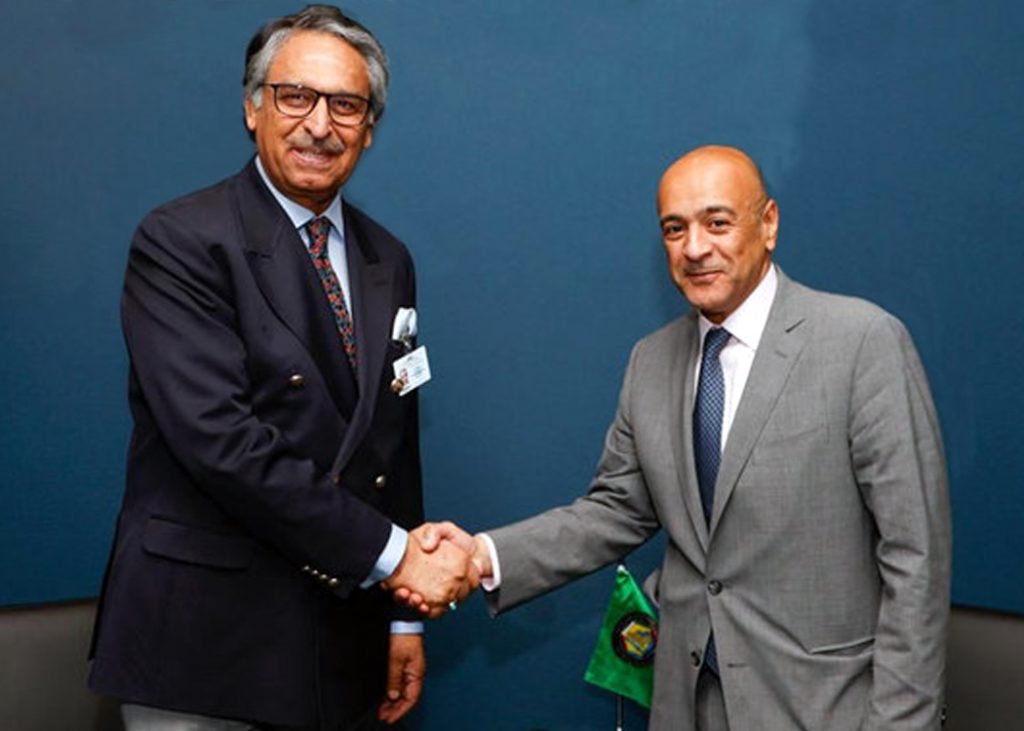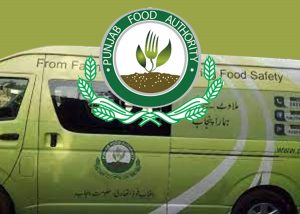
AVN Report
ISLAMABAD: Pakistan and the Gulf Cooperation Council (GCC) are poised to initiate the signing of Free Trade Agreements (FTAs) during a three-day diplomatic dialogue scheduled for September 26-28, 2023, in Riyadh, Saudi Arabia, initially targeting a restricted range of items. It reliably learnt.
The Pakistani delegation, expected to be led by the caretaker Minister for Commerce, Industries, and Production, Dr Gohar Ejaz, aims to ensure any significant issues arising during the talks can be promptly addressed to reach a consensus.
However, there is also uncertainty regarding whether the minister or the commerce secretary will head the delegation to Riyadh, as the Trade Ministers Conference of the Shanghai Cooperation Organization (SCO) is scheduled for the same dates.
Sources indicate that recent negotiations between Pakistan and the GCC in Islamabad led to a general consensus that an FTA should be signed, even if its scope remains limited, in order to materialise a process that has been in progress for decades. Additionally, Pakistan is engaged in discussions with the United Arab Emirates (UAE) regarding a potential trade pact.
Unverified information suggests that Crown Prince and Prime Minister of Saudi Arabia, Muhammad Bin Salman, has linked his October visit to Pakistan with the signing of the FTA between Pakistan and the GCC during the talks scheduled for September 26-28.
Previously, both sides had reached agreements on tariff reduction modalities in five categories.
During the third round of Pak-GCC FTA negotiations in May 2022, the following modalities for tariff reduction were agreed upon: Category (i): Zero duty from the first day of the agreement’s entry into force. Category (ii): Zero duty after 5 years of the agreement’s entry into force. Category (iii): Zero duty after 10 years of the agreement’s entry into force. Category (iv): Zero duty after 15 years of the agreement’s entry into force. Category (v): Products in this category should not exceed 5 percent of tariff lines and are subject to a 50 percent tariff reduction. Category (vi): Excluded from liberalization.
According to sources, researchers at the Ministry of Commerce and Industries have prepared a list of 2,096 tariff lines at HS 8, constituting 28 percent of the total tariff lines. However, the agreed-upon modalities stipulate keeping the exclusion list at 20 percent, which amounts to 1,497 tariff lines.
The commerce ministry has solicited input from other relevant ministries regarding product protection requirements and their inclusion in the exclusion list, as well as products that could be shifted to categories D and F, accounting for 369 tariff lines.
The GCC, in a ministerial council meeting in June 2004, agreed to explore the possibility of concluding a Framework Agreement on Economic Cooperation with Pakistan, initiating FTA negotiations. The framework agreement was signed in Islamabad in August 2004.
In a report titled “Potential for a Pakistan-GCC FTA,” part of the Pakistan Business Council’s Market Access Series 2022, the PBC recommended deferring the signing of the proposed Pakistan-GCC FTA for various reasons. These include Pakistan’s ongoing large-scale import of “Mineral fuels” (HS-27) from the GCC regardless of the FTA, the impact of reducing tariffs on palm oil imports from Malaysia and Indonesia, and the observation that tariffs in GCC countries range from zero to five percent, with other factors affecting Pakistani exporters’ market share beyond tariffs.








